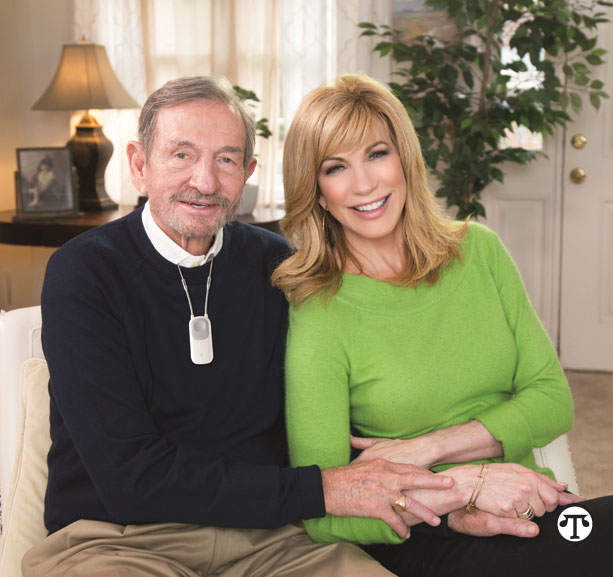
(NAPSI)—There are more than 34 million informal caregivers today, according to the U.S. Centers for Disease Control and Prevention. Caring for loved ones can be one of the most important things you do but often caregivers face incredible pressures as they help ensure their loved one is safe and aging well at home, while simultaneously maintaining their own day-to-day life.
It’s normal that caregivers feel this pressure, emotionally, financially and physically. As a caregiver herself, American talk show host Leeza Gibbons understands the roller coaster of emotions involved—feeling angry, frustrated, exhausted, alone or sad, while also feeling fulfilled about your role helping them age healthy and happy.
Being a caregiver can be an isolating experience and it’s hard to know where to turn. To help other caregivers cope with this unique and important role, Gibbons, who is a caregiver for her father Carlos, has the following tips:
Tip #1 Take your oxygen first: Caregivers are nurturers but if you really want to nurture someone, you have to fill yourself up first…mind, body, soul and spirit. That’s the first way to give love to your loved one. When you feel better and are mentally stronger as the caregiver, you can go the distance and your loved one will also benefit from the positive change.
Tip #2 Talk as a family: To keep everyone on the same page and ensure everyone’s voice is heard, set up time for a family “check in.” This could be a family dinner or monthly video conference, where family members come together to talk through important topics and emotions top of mind with everyone. This also serves as an open environment to make everyone’s voice count. You may not all agree but it’s a time to go from conflict to consensus.
Tip #3 Incorporate technology into your caregiving: There are solutions available right now—and they’re getting better every day—that can support your role as caregiver. In addition, these solutions can help engage your loved ones to help improve their overall quality of life and independence. One solution is a medical alert service. Have a conversation about how this service can benefit both of you, as it will give you peace of mind knowing your loved one will have access to help, even if you’re not there.
Learn More
For further information about caregiving, visit www.lifeline.philips.com/caregiver.
